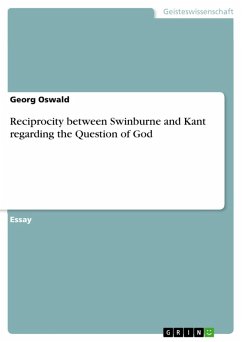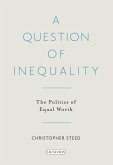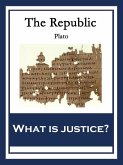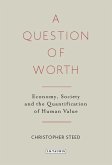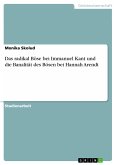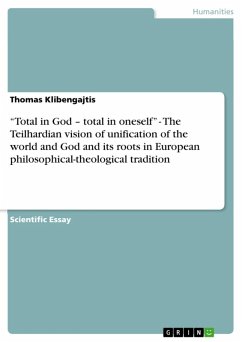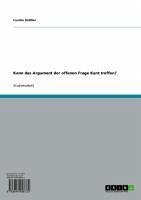Essay aus dem Jahr 2006 im Fachbereich Philosophie - Sonstiges, , Sprache: Deutsch, Abstract: The theme of this essay revolves around the post-Kantian debate on different attempts to unearth new arguments for the existence of God. One of the first analytic philosophers in the tradition of the philosophy of religion, RICHARD SWINBURNE (born 26 Dec 1934), caused a furor with the publication of his trilogy - The Coherence of Theism, The Existence of God and Faith and Reason. While his first book - The Coherence of Theism (1977) - addresses the question as to whether God can be conceived as internally coherent, his second book - The Existence of God (1st Edition 1979, 2nd Edition 2004) - explicates a detailed analysis of whether God's existence is true or false.1 Assuming that God's existence is not "demonstrably incoherent (i.e. logically impossible)"2, which he concludes from his first book, Swinburne's main task is to analyze whether religious experience can provide specific information on God's existence. With this in mind, Swinburne directs his arguments against Kant whom he mentions explicitly more than 35 times in his book.3 Kant, who with his critique of pure reason, casts the question of God's existence out beyond the range of immediate experience, builds the fundament for Swinburne's criticism and his aim to justify God's existence through immediate experience. Kant emphasizes namely, that God is an idea conceived in the transcendental subject, but cannot be experienced or perceived directly.
Dieser Download kann aus rechtlichen Gründen nur mit Rechnungsadresse in A, B, BG, CY, CZ, D, DK, EW, E, FIN, F, GR, HR, H, IRL, I, LT, L, LR, M, NL, PL, P, R, S, SLO, SK ausgeliefert werden.

